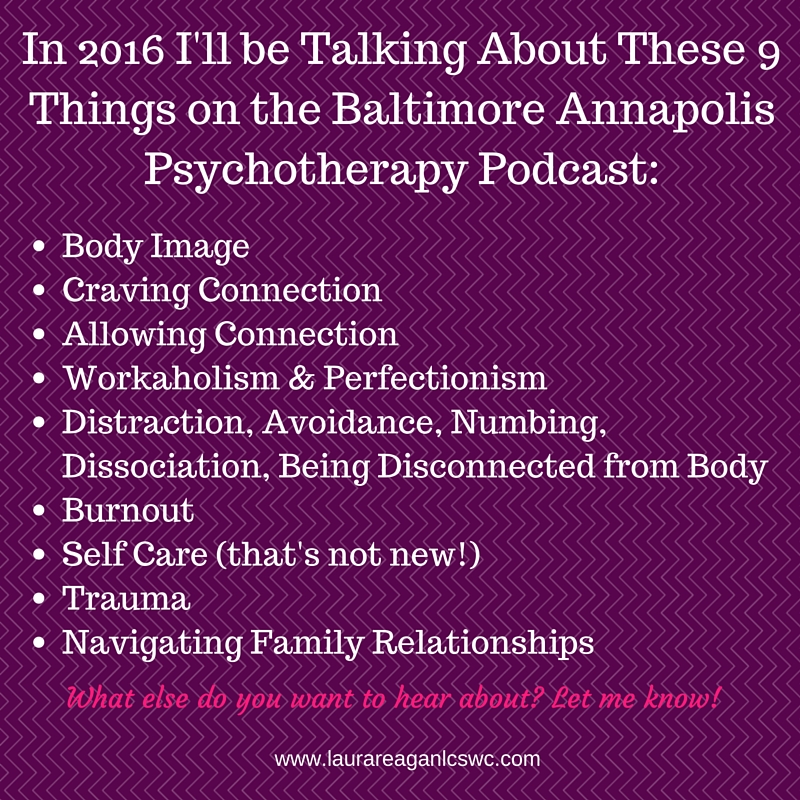Therapy Chat Podcast Episode 22: Handwashing As A Self Care Practice?
“When you take care of yourself, then you take care of clients.”
In case you missed it, I was so lucky to interview Ashley Davis Bush, LICSW on my podcast, which is newly renamed Therapy Chat. Click here to listen to past episodes of Therapy Chat. Ashley is a psychotherapist in private practice in southern New Hampshire with over 25 years’ experience. She has written six self-help books, including Transcending Loss and Simple Self-Care for Therapists. She is a regular contributor to the Huffington Post and has some great tips to share with us about increasing our self-care. Join us! Click here or on the image to the right to listen to Episode 22.
What you’ll hear in this episode:
Ashley loves her work and counts it a privilege to be part of peoples’ lives. Her private practice is in her home, and it’s “a fun job, watching life unfold in front of you.”
Even the simple choice of working from home can be a self-care choice.
Ashley’s work focuses on grief, couples, and anxiety, but self-care is a common thread that is woven into her work with all clients.
Ashley says that much of her practice patterns itself after her books.
Her most recent book introduces the idea of “micro self-care.”
“Macro self-care” practices are the big things that we normally think of regarding self-care, but micro practices are short, simple things that can be done in 1-2 minutes.
Ashley focuses on self-care to avoid burnout, which she categorizes as “little b” and “BIG B” types of burnout.
“little b” burnout is when you are exhausted at the end of the day or week. You may need a good night’s rest or a few days off to regenerate and recover.
“BIG B” burnout is when you need to leave the field because you can’t take it anymore.
Ashley addresses “vicarious trauma,” in that ALL therapists do some sort of trauma work.
Personal and professional experience can cloud the lens with which we see the world, but life’s pains are a constant trauma.
Ashley explains self-care vs. self-violence: when you don’t take care of yourself, then you’re doing harm (violence) to yourself.
Mindfulness leads to grounding, bringing us into this moment right now.
Ashley shares her Tibetan bell practice to help bring clients into mindfulness.
She recommends using micro self-care practices at the beginning, middle, and end of your day.
Ashley’s book lists 40-50 suggestions as to how to scale down macro self-care practices into small micro practices. It's amazing!
Making the transformation from macro to micro self-care practices requires thinking creatively, but shouldn’t be overwhelming.
Neuroplasticity is the science that shows the brain can change in response to repetitive behaviors. You can rewire your brain to be more peaceful!
When your brain is rewired, then your default setting comes to a place of gratitude and feeling good.
Ashley’s three takeaways:
Have a basic plan for 3 micro self-care practices each day.
Sleep 8-9 hours each night so you aren’t tired during the day. You can tell from our interview that Ashley is well-rested!
Prioritize self-care, and you’ll soon realize that you can’t live without it!
Be aware of the seasons of life, but regardless of the season, you can fit in micro self-care every day!
Find Ashley at www.ashleydavisbush.com
“Everyone has 3 minutes a day in which to do something nice for themselves.”
I'm so grateful that Ashley agreed to share her wisdom on the podcast. I hope you enjoyed it as much as I did! If you liked this episode, please visit iTunes to download episodes, rate and review! You can also listen on Stitcher and Google Play (available now in some areas). And for more of what I'm doing, please sign up for my newsletter, and follow me Twitter, Facebook, Pinterest Instagram & Google+. I look forward to connecting!
Wholeheartedly,
Laura Reagan, LCSW-C





